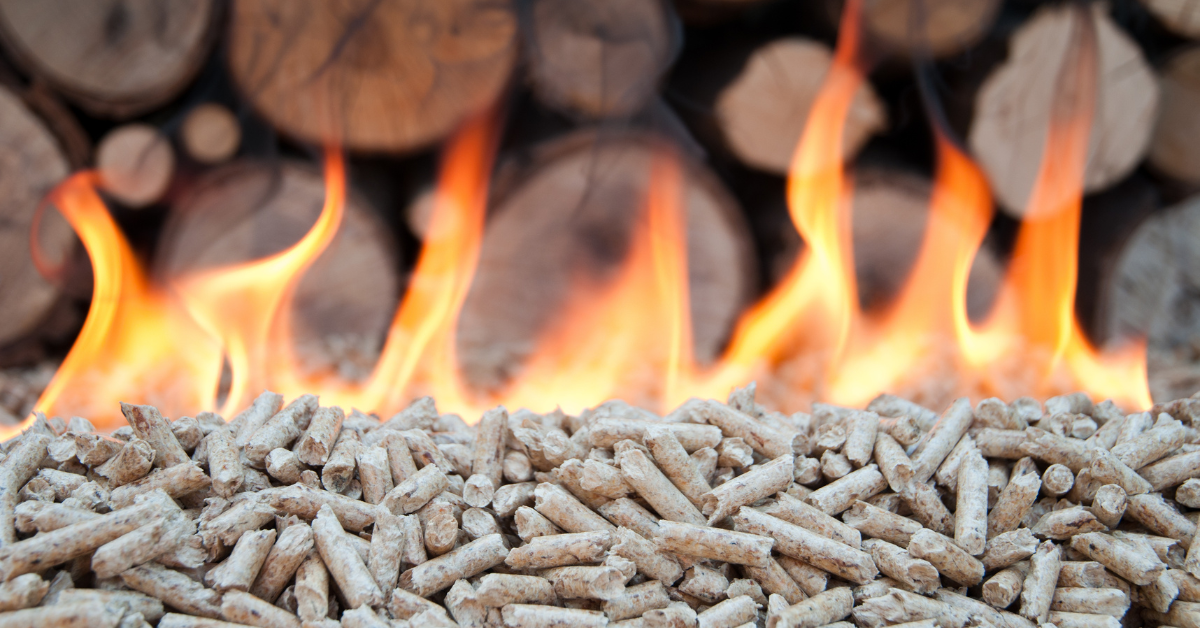
On June 28, 2025, the Ministry of New and Renewable Energy (MNRE) unveiled updated guidelines for its flagship Waste‑to‑Energy (WtE) initiative under the National Bioenergy Programme. These changes mark a significant milestone in India’s journey toward sustainable, clean energy and efficient waste management.
What’s New in the Rules
The revised framework delivers a streamlined, performance-focused approach, aiming to simplify processes, fast-track support, and align incentives with real-world performance.
- Simplified Procedures: Reduces paperwork and approval bottlenecks—great news for MSMEs seeking to invest in setting up CBG, biogas, and WtE plants.
- Efficient Financial Support: Central Financial Assistance (CFA) is now disbursed in two stages:
- 50% upon receiving the Consent to Operate from State Pollution Control Boards—backed by a bank guarantee.
- Remaining 50% upon achieving ≤ 80% plant capacity (or maximum eligible support).
Even if a plant underperforms (≥50% PLF), pro-rata CFA support is still available—ensuring developers aren’t penalized for scaling challenges.
- Streamlined Inspections: Transition from rigid schedules to joint inspections led by SSS‑NIBE, alongside SNAs or BTDCs. Developers who opt out of advance CFA need just a single inspection, saving both time and cost.
- Extended Claim Window: CFA claims can be made within 18 months of plant commissioning or in‑principle approval—whichever is later—offering much-needed flexibility.
Why This Matters
India’s ambition to achieve net-zero emissions by 2070 depends heavily on transforming organic waste into clean energy. These guidelines:
- Encourage private sector participation, particularly from smaller players.
- Reduce upfront risks and improve the ease of doing business.
- Promote circular economy principles, turning waste into resources.
- Strengthen climate action by reducing dependency on fossil fuels and promoting clean fuels like CBG and biogas.
What’s Next?
To fully realize these reforms, MNRE and its partners must ensure:
- Efficient implementation on the ground.
- Capacity building among state bodies and industry players.
- Public awareness and stakeholder engagement for greater adoption.
By focusing on transparency, performance-based rewards, and operational flexibility, the government is sending a strong message: India is serious about turning bio‑waste into sustainable energy and supporting both large and small investors in the green energy transition.
Final Thoughts
The revamped WtE guidelines are more than policy tweaks—they’re a strategic shift toward performance-driven, support-first thinking. If you’re involved in renewable energy, waste management, or green tech, now is the time to explore the revamped CFA programme. This framework not only benefits individual projects but catalyzes a broader transformation—toward a sustainable, carbon-neutral future.
Ref from: https://www.pib.gov.in/PressReleseDetail.aspx?PRID=2140328
Disclaimer: The information provided in this content is for general informational purposes only. We (Satyajit Renewable Engineering Pvt. Ltd.) do not intend to promote, endorse, or encourage any specific action based on this information. Readers are strongly advised to conduct their own independent research and consult with relevant experts before making any decisions.

